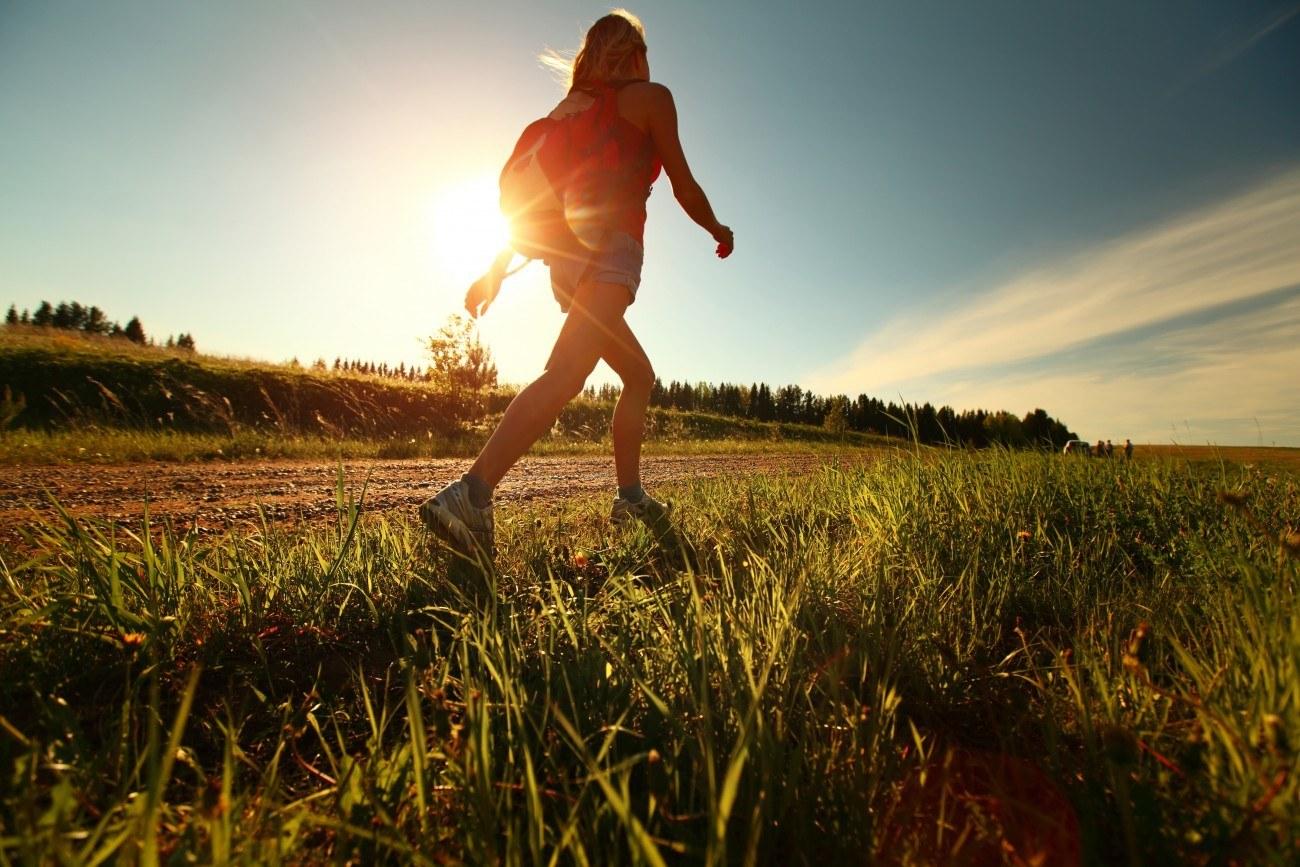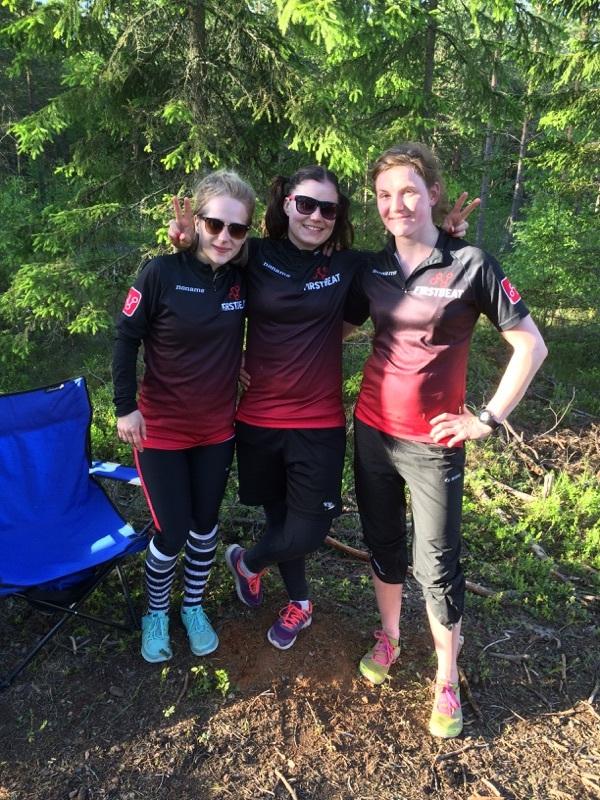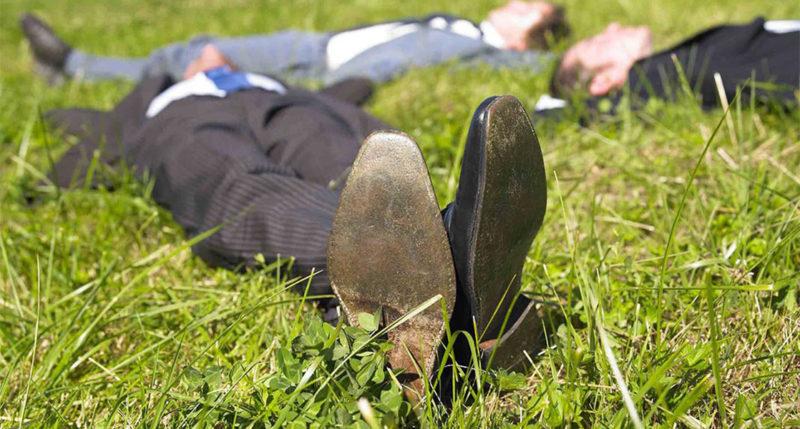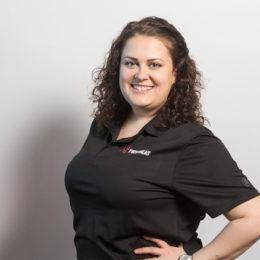
July is a very traditional summer holiday month in Finland, and July-August in many other countries, with offices closing and the general pace of life slowing down. Firstbeat stays open in July too, but most of us will take some time off to be fully energized after the summer. It’s been a busy and exciting year here in Firstbeat’s international lifestyle sector! Highlights include our own international seminar in Helsinki in March, trips and conferences around Europe and North America, new partners on new continents and in new countries, and several program updates, with the brand-new Lifestyle Assessment and Summary reports launched recently! We also held a series of Webinars this spring, with over 50 people attending the English-language lifestyle Webinars so far, in addition to a large number of participants in our Finnish Webinar series and SPORTS webinars.
In addition to staying busy in the work front, the Firstbeat team has put theory into practice throughout the year by getting fit together, entering various events and monitoring our recovery, not only to test devices and electrodes, but also to make sure that we are not overdoing it ourselves. A couple of weeks ago, Firstbeat took part in Jukolan viesti, a large orienteering event held in Finland every June. Our women’s team of 4 sisters orienteered in the afternoon and the men’s team of 7 brothers did their part through the night. There were over 16000 orienteers ranging from the top orienteers in the world to thousands of seemingly normal people who know a lot, a little or not much at all about orienteering, but who want to get muddy, run through thick forests, swamps and ditches and climb up and down cliffs while trying to read a map to locate between 12 and 23 points hidden in the woods, and afterwards take outside showers, sleep in a tent in +3C temperatures and experience the event together with their friends or colleagues.

Team Firstbeat Ladies.
There are a lot of parallels between the Orienteering experience and the messages that we deliver in Lifestyle Assessments. Sometimes there is a lot of pressure on us and too much to do – it’s almost a given in today’s working world – and challenging periods tend to cause some stress and can even wear us out temporarily. The key is learning to listen to one’s body and knowing when it’s time to take a breather – whether literally to let your heart rate drop, so you can locate yourself on the map – or figuratively to give yourself a chance to de-stress. This is one of the most common topics in our Lifestyle Assessment feedback talks: it’s ok to have some stress, but you need to learn to recognize your personal limit of when it’s too much. If we take care of our overall balance most of the time, our bodies are equipped to handle the tougher periods, but hardly anyone can handle too much, too hard, for too long. Eventually something starts to crack, whether you are an athlete, a regular person training for an event or someone trying to cope with the normal challenges of life: family, job, good lifestyle etc.
I was a Jukola rookie and totally charmed by all of the above! Preparing for the event had included jogging on trails, reviewing how to read a map and match it with the terrain, and several practice orienteering sessions organized by our Team Manager Aku. As a former endurance athlete, I know how to push my physical limits to the max, but with my sports career WAY in the past, the real lesson was figuring out how to balance it all … getting reacquainted with running in rough terrain, with one challenged knee and a few other kinks, while looking at a map, was not easy. I definitely discovered that my ability to read a map is in direct negative proportion to the accumulating EPOC, pretty much disappearing somewhere above the EPOC of 200 (and causing me to run off the map even in my own backwoods). Still, it’s good to sometimes push one’s limits and comfort zones, and this was a great way to do it, hopefully becoming an annual tradition. The worst getting-lost experiences were done during the training period, and in the actual event, we all found all the points, some more directly than others, and got to the finish line wet and muddy, but with big smiles.
The summer holiday is a great time to charge the batteries, catch up on sleep, forget about tight schedules and to-do’s and let the phone and computer take a rest. Whether the holiday is a few days or several weeks, let’s try to get away from the work routines and do whatever works for us. The recipe of course varies; one person is happiest in solitude or sleeping in late and reading a book in a hammock, the next one catching up on all the exercise that they did not have time to do during the work year, and the next one catching up with friends and socializing. There are a lot of articles coming out about “How to avoid holiday stress”, but basically it should just take some common sense – and being a bit selfish! We have the right to think about ourselves first – what I need – and then start compromising and negotiating to make it all work.Especially after the tough periods and challenges – and sometimes even in the midst of the hustle and bustle – we need to take care of our rest, like this tired orienteer is doing here in the early-morning hours, after his own leg, while his teammates were getting ready all around him.
Here’s to an enjoyable, relaxing and energizing summer to everyone!
Did you know that exercise can support your endurance and resilience at work?
You might also be interested in

Work Hard, Play Hard, Rest Even Harder
Employees are companies’ most valuable asset, so their well-being should be priority number one. We need to act to change the tune of how Britons work.

What is Presenteeism? And How Can We Fix the Multi-billion-pound Problem?
Paying proper attention to the well-being of staff will lead to a better working environment and happier, more productive employees.

The Tissue Box Psychologist: What Does Your First Reaction to Getting Sick Say About You?
Cold and flu season are knocking on the door once again. That means now is the perfect time to look deep and uncover what your reaction to falling under the weather says about you.



